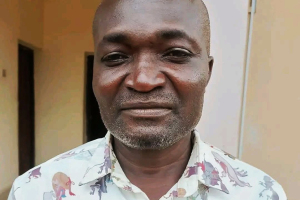Typhoon Haiyan Aftermath: Thousands of Babies Born Amid Rubble in the Philippines
As the recovery effort in the Philippines struggles focus is shifting on providing support to the 12,000 babies that have been born and the roughly 200,000 women who are pregnant.
"Aid is beginning to reach those in need, but there is still a lot of work to get it everywhere it is needed. This response is complicated by the magnitude and scope of the disaster. At least seven provinces have been hit, and because it is an archipelago they are trying to establish a humanitarian hub in each. That is basically the equivalent of mounting seven separate relief efforts – it is an enormous task," Christy Feig, director of communications for the World Health Organizations, said in a statement.
As part of a task force focused on new mothers and their children, the Philippine government is creating "milk stations" throughout the affected areas where infant formula will be available and distributed.
The concern for infection and malnutrition is high among medical personnel who realized any infection if not properly treated could place the newborn and mother in a life-and-death situation.
"Contaminated formula causes diarrhea, which can easily be fatal in babies and young children," Feig said. "Breast milk is best. It is the ideal source of nutrition, it is uncontaminated with bacteria and germs, and it contains antibodies that protect babies from infections."
About 20 Filipino medical teams and roughly 20 more international medical units are making inroads to cut off towns and were able to set up operational clinics in Tacloban, two in Ormoc, two in Panay, one in Guiuan and one in Palo, the WHO reported.
The aftermath of the storm and questions regarding care for their children is adding even more stress on top of an impossible situation, which can lead to adverse health consequences.
"I found there's reduction in prenatal care. I found evidence there's a big increase in stress. That certainly would be the case in the Philippines with this massive disaster, which can lead to more pre-term births," Sarah Crittenden Fuller, a post-doctoral research fellow at the University of North Carolina Fuller, told NBC. "So we're talking about a situation with health-care facilities already overloaded and potentially having more babies born with higher needs."



























